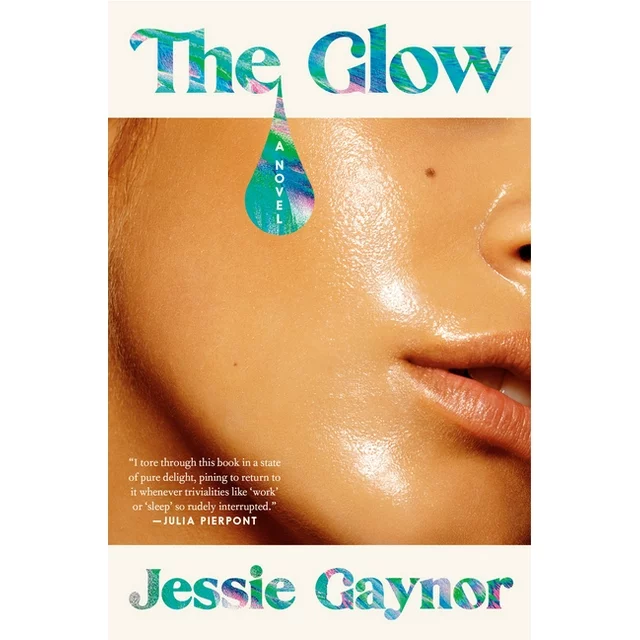Detroit, the Motor City, has a rich history. Detroit gave us the automobile industry and a roster of musical greats from Motown Records. And if you read my review of Amy Elliott Bragg’s excellent book, The Hidden History of Detroit, you know this city has a colorful past that goes beyond making cars and giving icons like Diana Ross and Marvin Gaye. Once upon a time, Detroit was even called “The Little Paris of the Midwest.”
But to be honest, my first memories of Detroit weren’t always favorable. Detroit’s automobile industry began to flail in the 1970s with the launch of foreign cars, especially those made in Japan. And Motown Records left chilly Detroit for sunnier and warmer climes in Los Angeles. Detroit experienced riots, racial strife, violence, and urban decay. But what was it like to come of age in that Detroit? Writer Curtis Chin knows. And he writes about this in his memoir Everything I Learned, I Learned in a Chinese Restaurant.
Conceived in the summer of 1967 during the Detroit riots and born in 1968, Chin was one of six children of a large, extended Chinese-American family. His family restaurant, Chungs had been a mainstay of Detroit’s Cass Corridor, part of the second Chinatown. Chung’s had been in business since the 1940s and shuttered its doors in 2000. And it truly shaped Chin in so many ways.
By the time Chin was in grade school back in the 1970s, Detroit had seen better days. But it was all Chin knew at the time, and Chung’s was a bit of a sanctuary of the strife that plagued the city. After school and on the weekends, Chin spent a lot of time at his family’s restaurant, sometimes in a booth and sometimes helping out. It didn’t matter that he and his siblings were young children; everyone had to pitch in to make sure Chung’s runs smoothly.
Chung’s attracted an eclectic clientele. Politicians dined there including Coleman Young, the first black mayor of Detroit. The Jewish community liked to eat at Chung’s on Christmas day when most eateries were closed for the holiday. Chung’s attracted blue collar and white collar workers. It attracted drug dealers and drag queens. Chung’s pretty much attracted diners from all walks of life who shared one thing, a massive love of Chinese food.
One thing Chin’s parents did was have their children ask the patrons of Chung’s about their lives and backgrounds. This was great training for a budding writer like Chin and it has served him well. It gave him an education beyond the confinements of a classroom. It didn’t matter if you were a politician or a prostitute (like there’s a difference between the two). You got fed a delicious meal at Chung’s and your story mattered to the Chin family.
As the 1970s morphed into the 1980s, and Chin became a teenager, he became more aware of what was going on, not just in Detroit but throughout the country and the world at large. Race relations were always fraught, economic woes plagued the nation, and AIDS had become a real threat to the gay community. And it was the 1980s, when Chin also came to grips with his own sexual orientation as a young gay man. However, being a gay man in the still very homophobic 1980s didn’t stop Chin from being a young Republican. But don’t worry. Young Chin was more Alex P. Keaton from the 1980s sitcom “Family Ties,” than a member of the MAGA cult.
It was in high school and later at the University of Michigan, where Chin began his passion for writing and learned to hone is literary voice. It was also when he started to face the truth about his sexuality (along with some interesting dating stories), and seeing the true humanity of his Chinese-American family, all their triumphs, their setbacks, their strength, and their frailties. And just in case you’re wondering, Chin pretty much left the Republican party behind.
Chin isn’t shy about telling about the horrible things that happened within the Asian-American community of Detroit. He tells the story of one Vincent Chin (no relation), a Chinese-American man who was brutally beaten and later succumbed to his injuries the day before his wedding. At the time in 1982 there was a lot of anti-Japanese racism broiling, and Chin was assumed to be Chinese by his white assailants. The idea of a hate crime wasn’t really part of the vernacular back then but it was obvious Chin was beaten due to his race. This incident truly horrified Curtis Chin, and he really had to face the racism that could he would have to deal with himself.
Everything I Learned, I Learned in a Chinese Restaurant is beautifully and honestly written. I truly felt I was there in Detroit during that particular time, and the descriptions of Chung’s food made my mouth water. Plus, I thought Chin using letters and numbers often found on a Chinese menu to note the different chapters wise quite clever (though it took a me a while to figure this out-oops). Chin’s story of coming of age, accepting himself, and the legacy of his family, all their faults and their legacy in Detroit truly interesting, and the pop culture references of Generation X truly resonated with me. Everything I Learned, I Learned in a Chinese Restaurant is one to enjoy and learn from, and will probably make you crave some Chinese food.









